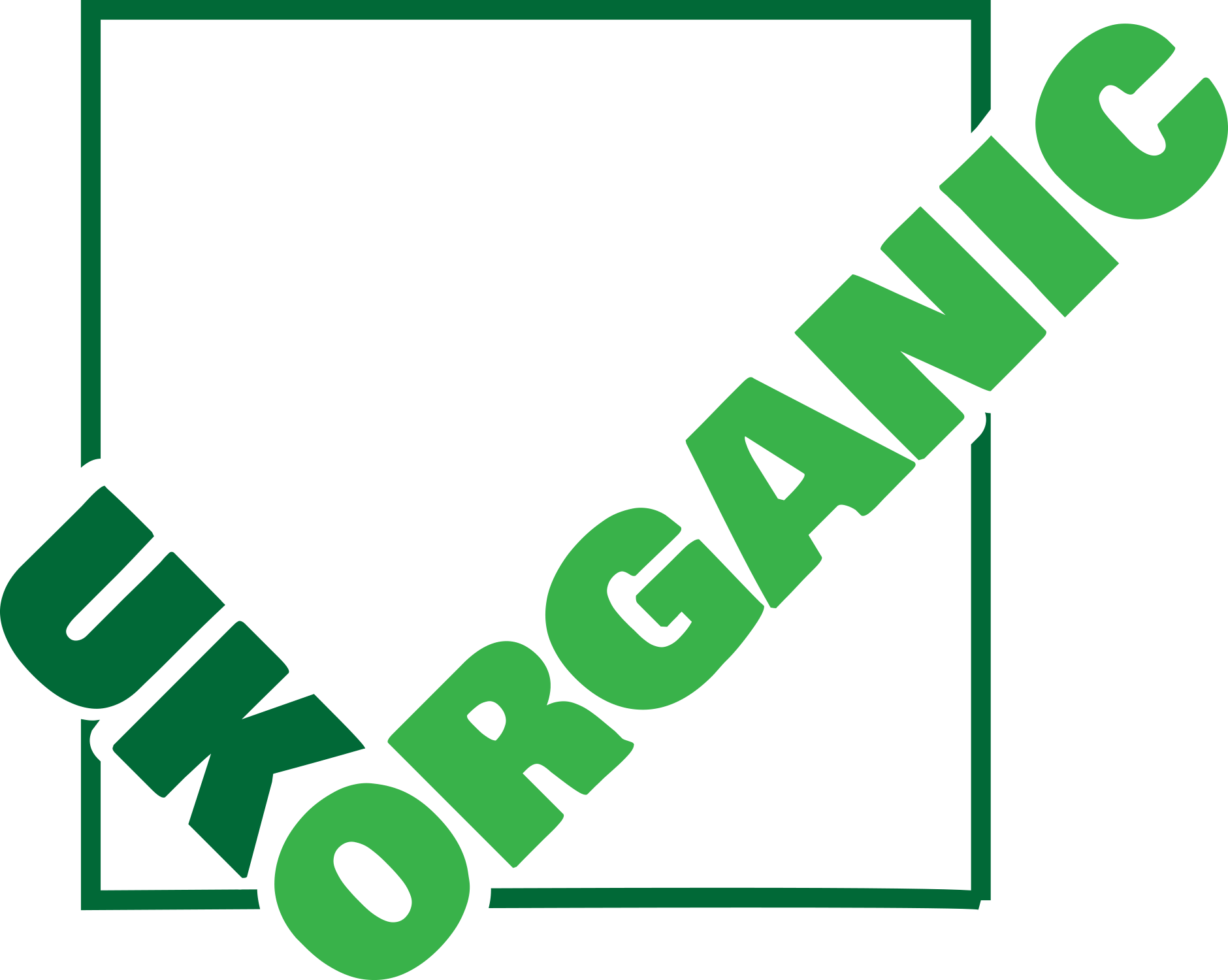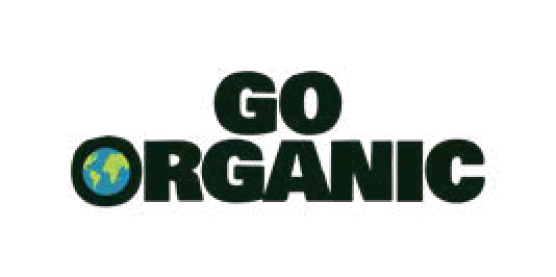
Photo by Anna Hobbs, Bumblebee Conservation Trust
A group of six organic dairy farmers from Calon Wen Organic Milk Cooperative have increased pollinator numbers on their farms across Wales.
They are using a combination of techniques, that include introducing more flowering plants into their pastures, leaving uncut or ungrazed margins at the edges of field as a pollinator refuge, and managing habitat and semi-improved pasture to conserve and enhance pollinator populations.
These are the preliminary finding of the ‘Pasture for Pollinators’ project, led by OTB member Calon Wen, and funded under the European Innovation Partnership (EIP Wales) programme, managed by Menter a Busnes.

Photo by Anna Hobbs, Bumblebee Conservation Trust
The Bumblebee Conservation Trust carried out surveys in 2018 and 2019. Across all six farms they found a total of 73 pollinator species, including most of the common bumblebee species found in the UK. This included bees and wasps; butterflies and moths; beetles; bugs; and flies. Also they found the dark green fritillary butterfly which is of medium conservation concern.
In nearly all cases, pollinator numbers were higher in the uncut/ungrazed margins compared to cut/grazed margins, indicating that leaving these refuges is very important to ensuring a continuous supply of food for pollinators. It is less clear whether the more diverse leys attracted more pollinators than ‘standard’ leys, but the data from 2020, the last year of the project may help to give us clearer a picture.
Altogether the six farms had, or have created, 15 different pollinator habitats including unimproved and semi-improved pasture; hedgerows; trackside verges; saltmarsh; woodland margins and many more. These are being managed in a number of ways to help pollinators, including managing pasture for pollinators by delaying grazing until after the flowering period; not cutting verges with important flowering plants such as spear thistle and burdock until later in the summer; introducing more flowering plants into grassland, and many more.
David Edge, one of the participating farmers said “This project has shown that when farmers take ownership of research, then it develops their interest in wildlife and habitats. Many of the Calon Wen farmers have sown diverse leys far beyond those necessary for the project, helping pollinators while producing a large quantity of quality forage. To enable our customers to join in we are giving away a free pack of the seed mix we are using to plant in the garden when you order from our office on online from Calon Wen’s website, and later this summer we will give away a free bumble bee identification cards.”
This study is the latest addition to a growing body of evidence demonstrating how organic farms work with nature in ways that increase biodiversity. It also provides organic dairy farmers with an example of good practice and approaches that they can apply to their own pastures to maximise pollinator species and numbers.
The project methodology is outlined in the video below and a full report summarising the finding to date is available here


